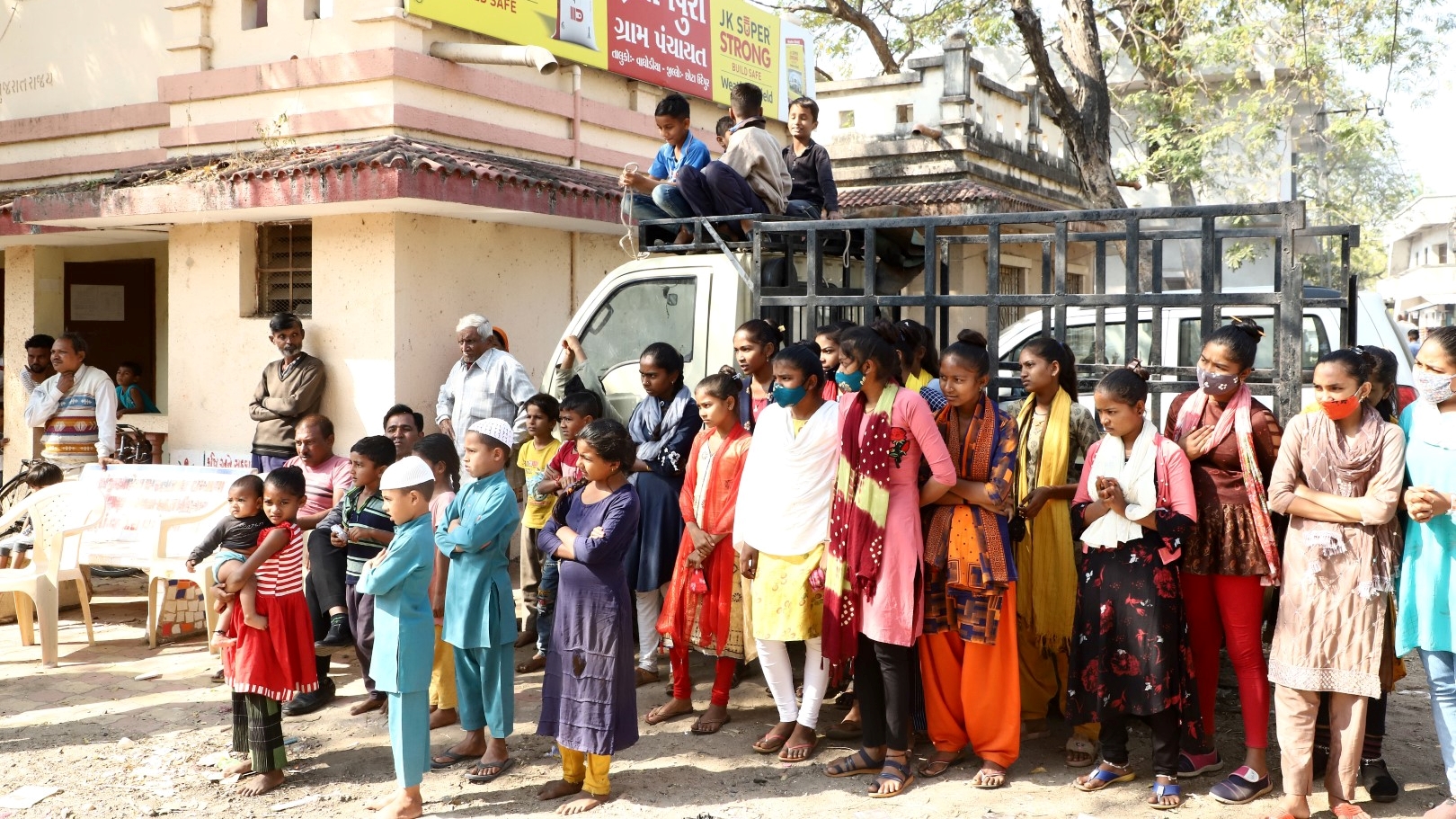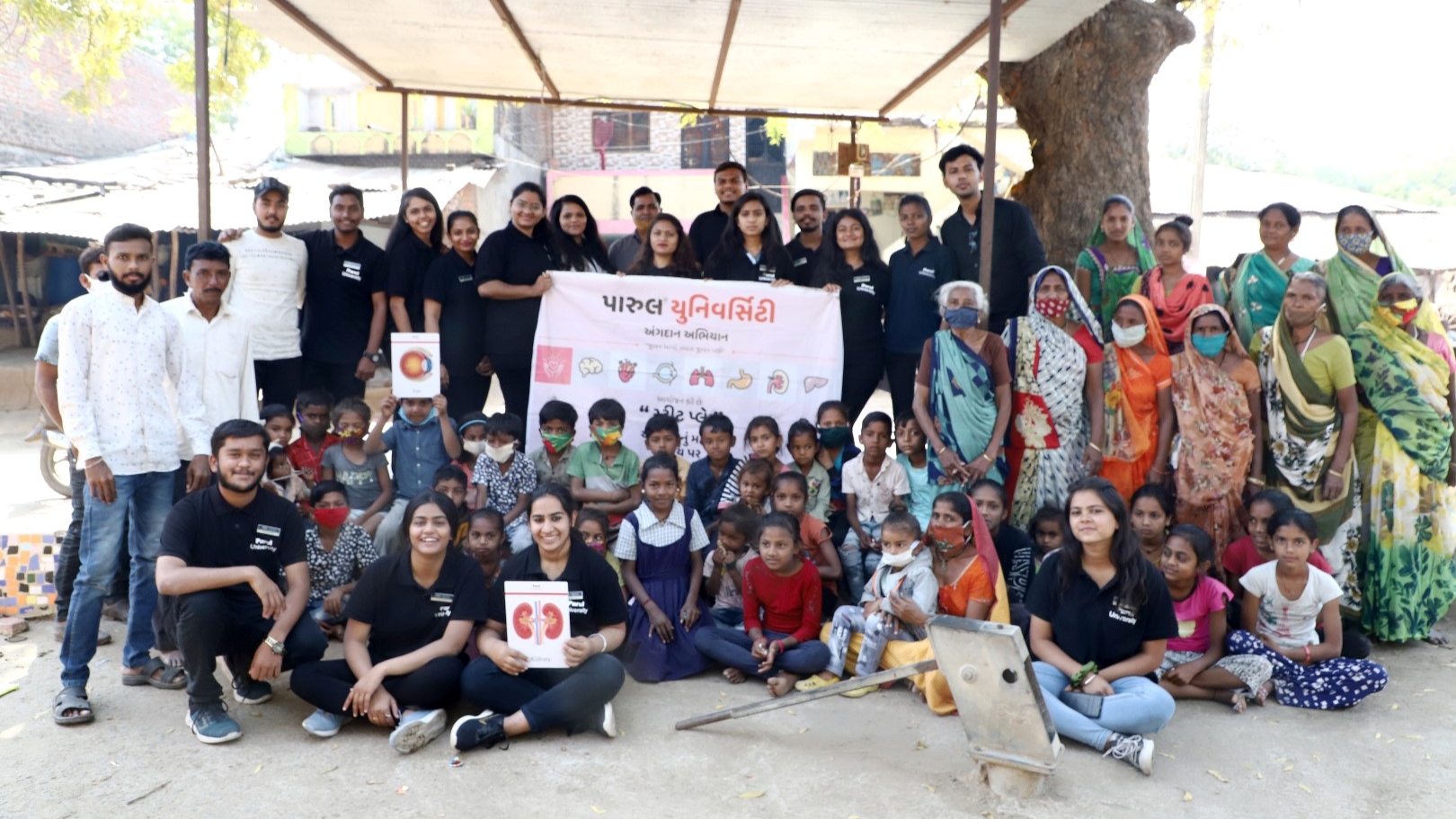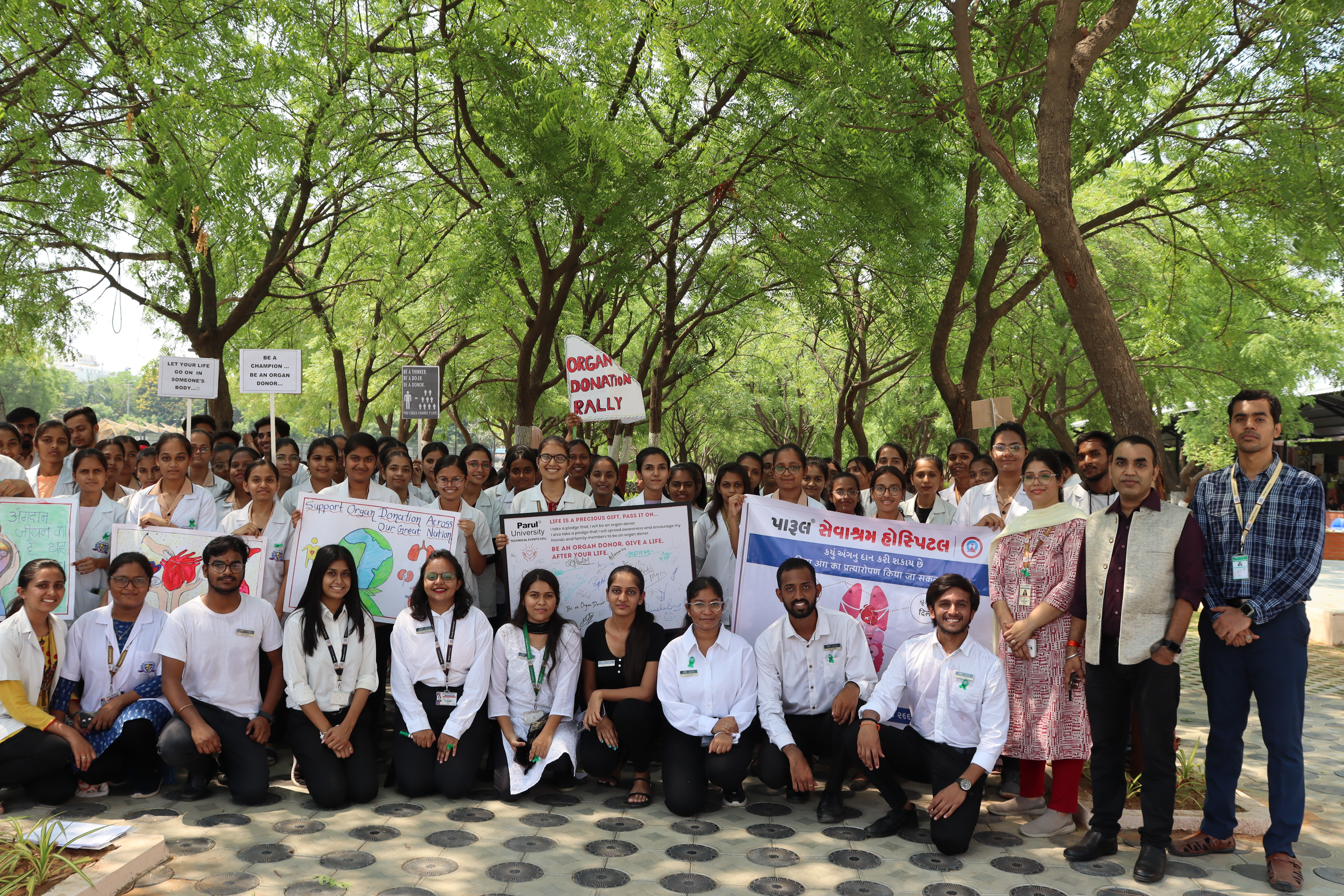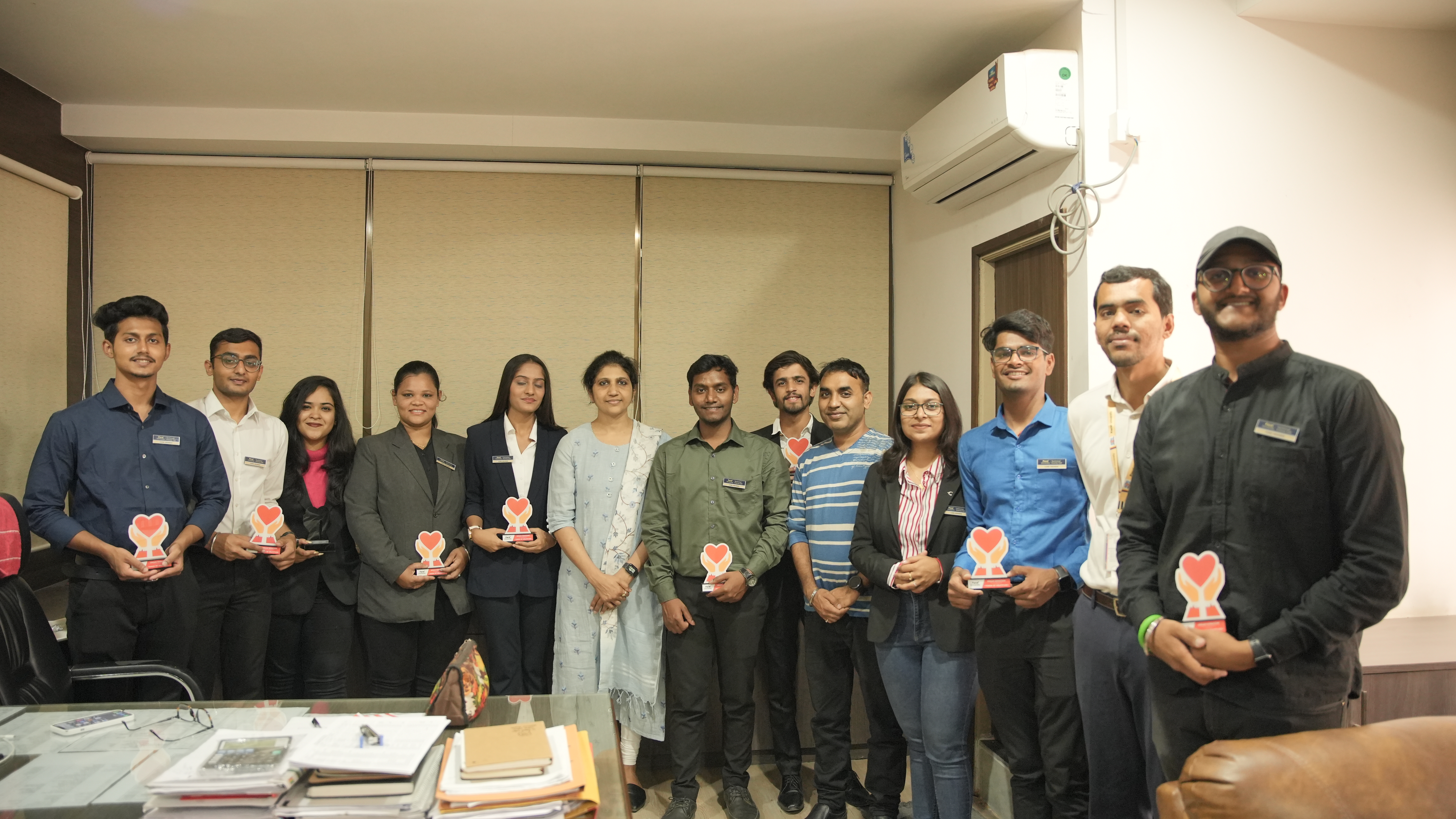About Organ Donation Campaign
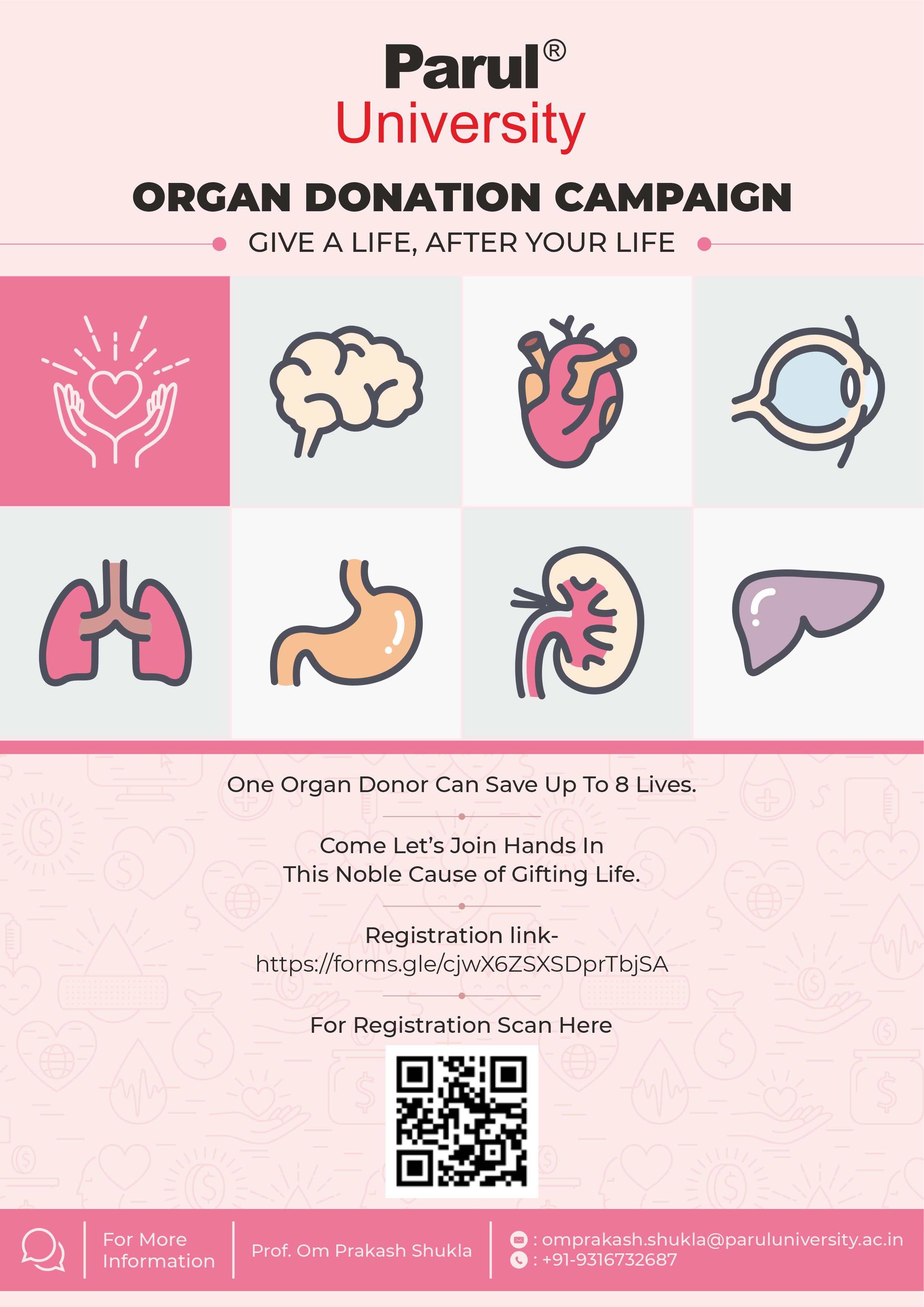
Organ donation is the process when a person allows an organ of their own to be removed and transplanted to another person, legally, either by consent while the donor is alive or dead with the assent of the next of kin. Donation may be for research or, more commonly, healthy transplantable organs and tissues may be donated to be transplanted into another person.
Achievement of Organ Donation Campaign

It is with great pleasure that we inform you of the successful completion of our recent organ donation campaign. We are proud to announce that the campaign resulted in a remarkable increase in the number of registrations, and we would like to extend our sincerest gratitude to all those who participated. The campaign was a vital initiative in raising awareness about the importance of organ donation and the impact it can have on saving lives. We are honored to have played a small role in this important cause and hope that our efforts will inspire others to consider registering as organ donors. In conclusion, we are proud of this achievement and look forward to continuing to make a positive impact through similar initiatives in the future. We remain committed to the cause of organ donation and hope that our efforts will continue to save lives. Here, are some glimpses of our successful campaign.
From the desk

Dr. Komal Patel
Managing trustee, Parul University
India is struggling with acute shortage of organs for transplantation. It is estimated that more than a million people suffer with end stage organ failure, but only a handful of 3.500 transplants are performed annually. At least 15 patients die every day waiting for organs and every 10 minutes a new name is added to this waiting list. Undoubtedly, the demand far outstrips the availability of organs. And no one can escape the harsh reality.
Awareness on organ donation, is therefore the only way out of this depressing scenario. The more potential donors there are, the more the likelihood of organs becoming available to save lives. Unfortunately, very people in India have any idea about organ donation, or how they could potentially help after their deaths.
We campaign to promote public awareness about organ donation and transplantation.
For Organ Donation Registration : Click here
Demo Video: Way to register
In Hindi
In English
Gallery
Media Coverage

Frequently Asked Questions
-
Why is it important to register as a donor?
Your gift will be used to help others through transplantation, therapy, research and education. One person can donate up to eight life-saving organs, as well as tissues and corneas. Donated tissue can help up to 75 people, and be used to repair wounds, burns and joints. Donated corneas can restore vision or relieve painful swelling.
-
Which organs and tissues can be donated after death?
Kidneys, lungs, corneas, livers, pancreases, heart valves, bones, tendons, skin and bone marrow can all be transplanted. If desired, a donor can specify on a donor card which organs and tissues are to be donated.
-
Who can become an organ or tissue donor?
People of all different ages are able to donate. It is essential that anyone who wants to be a donor expresses this wish to others in the family.
-
If I have an illness, can I still donate?
You may be a donor even if you have an illness. When you die, doctors will decide if donation is possible.
-
How many people are waiting for organs?
The number of people waiting for organs changes every day. As of January 2022, the number was over 106,000. Every 9 minutes, another person is added to the waiting list.
-
What is the importance of organ donation?
Donation is the giving of an organ and tissue to help someone that needs a transplant. Transplants can save or transform the life of a person. One organ and tissue donor can help transform the lives of more than 10 people. This relies on donors and their families agreeing to donate their organ and tissue after death.

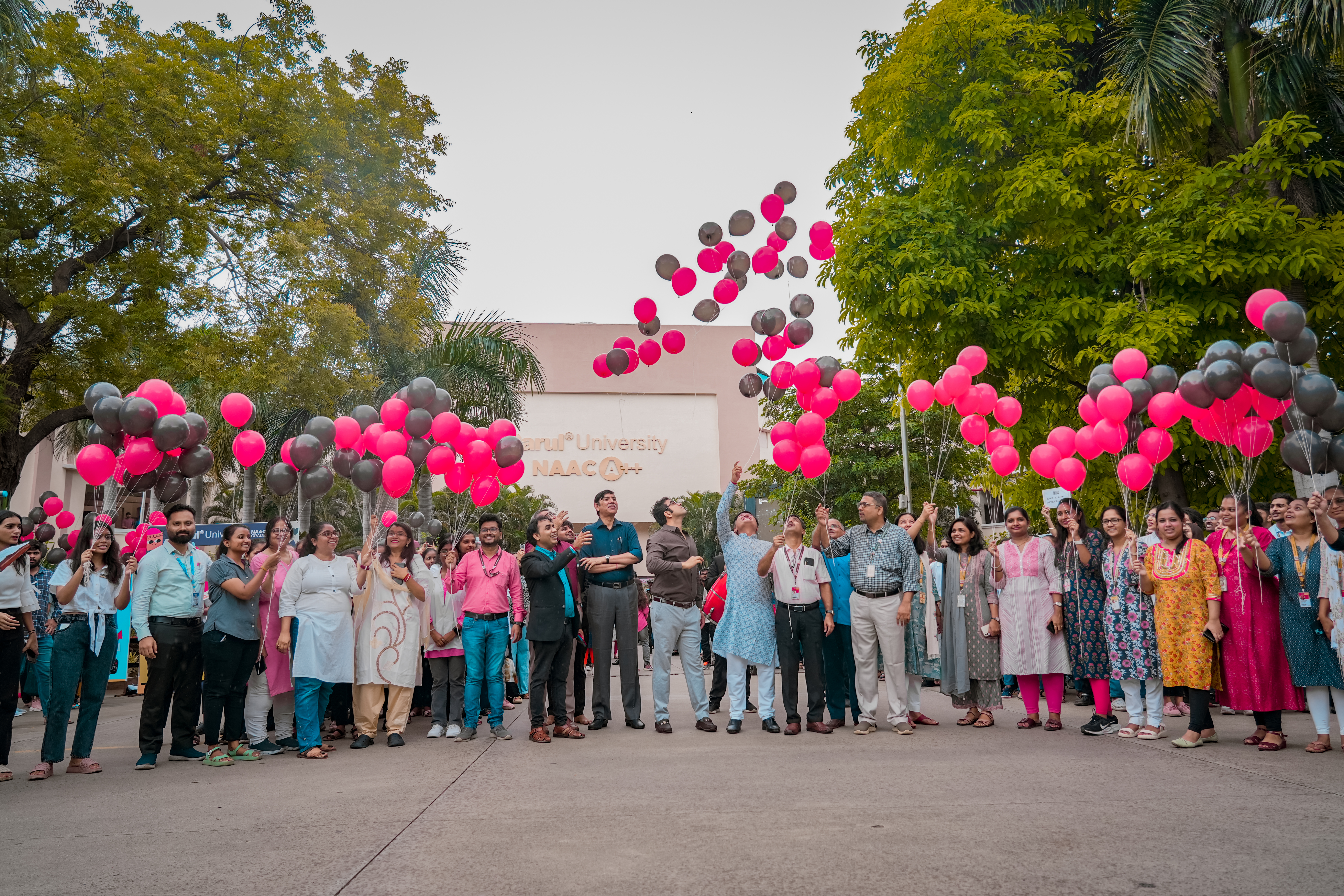
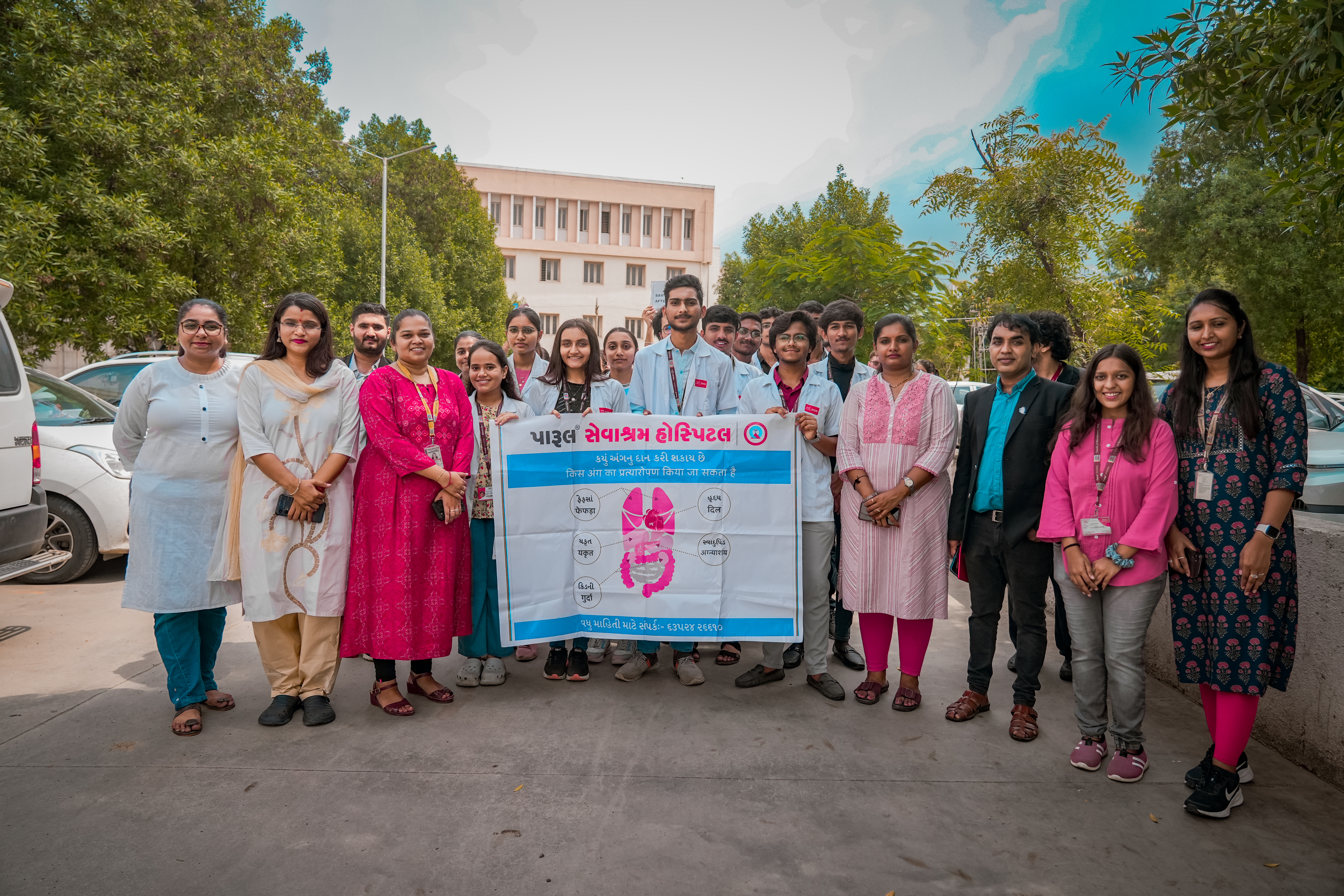
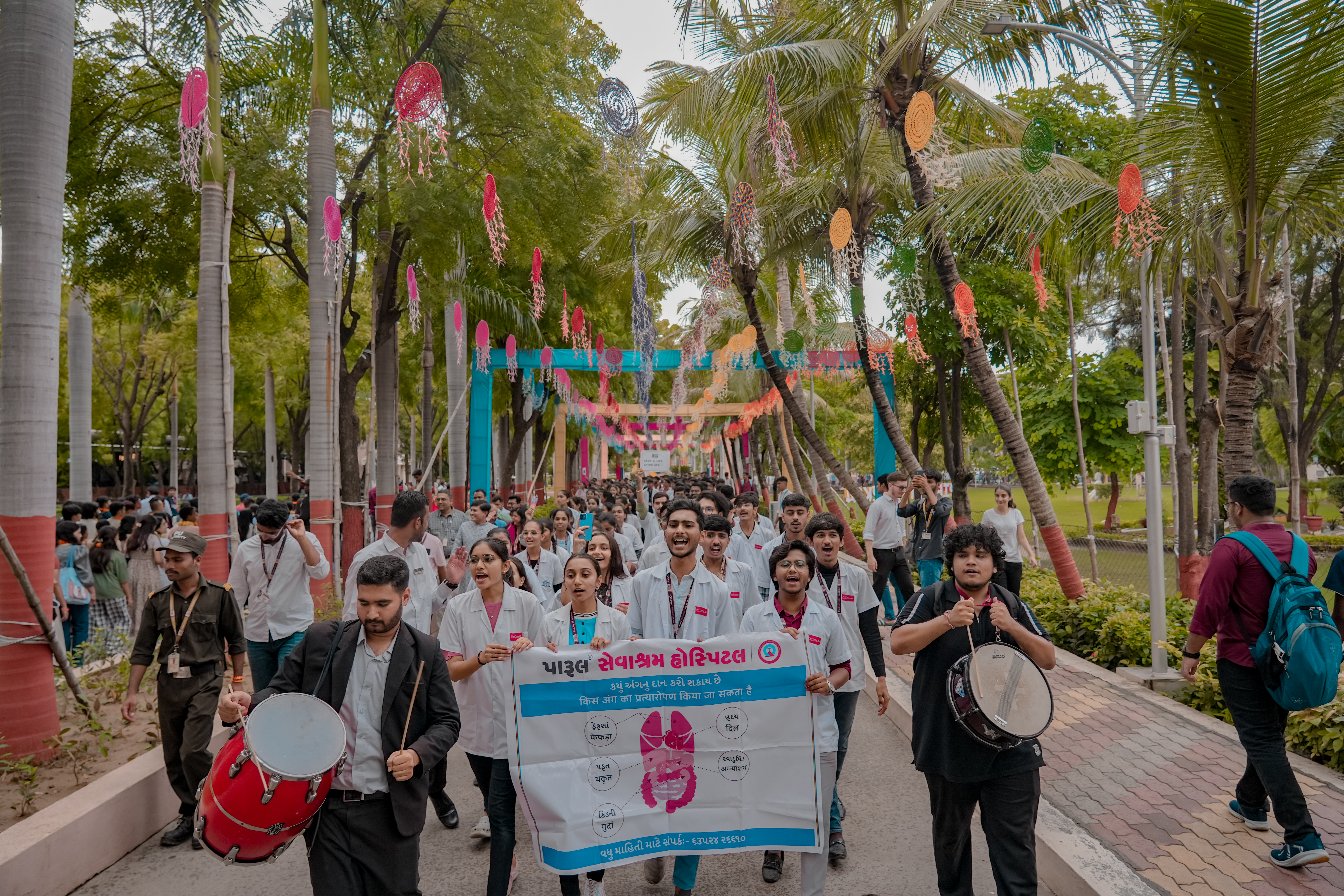
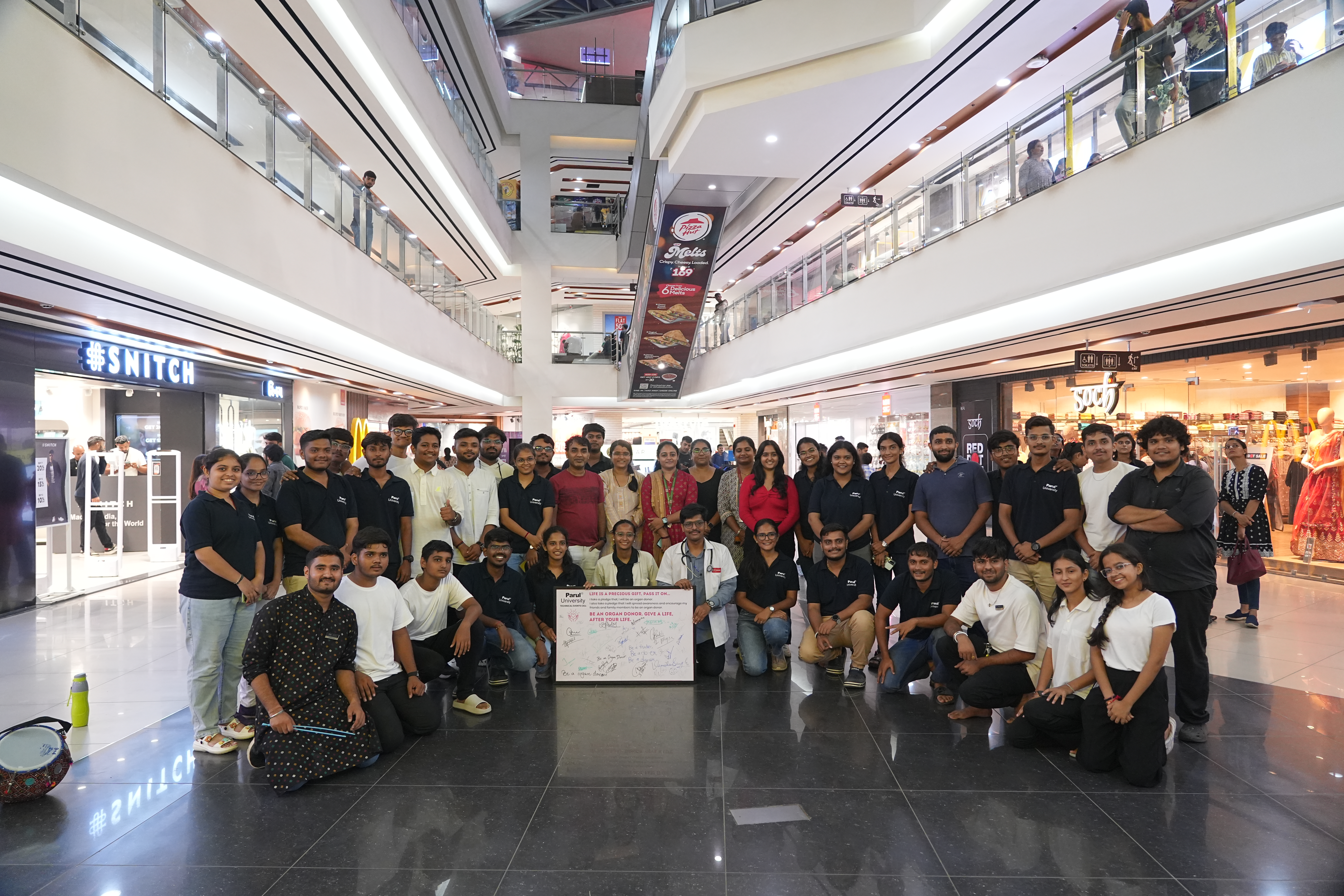
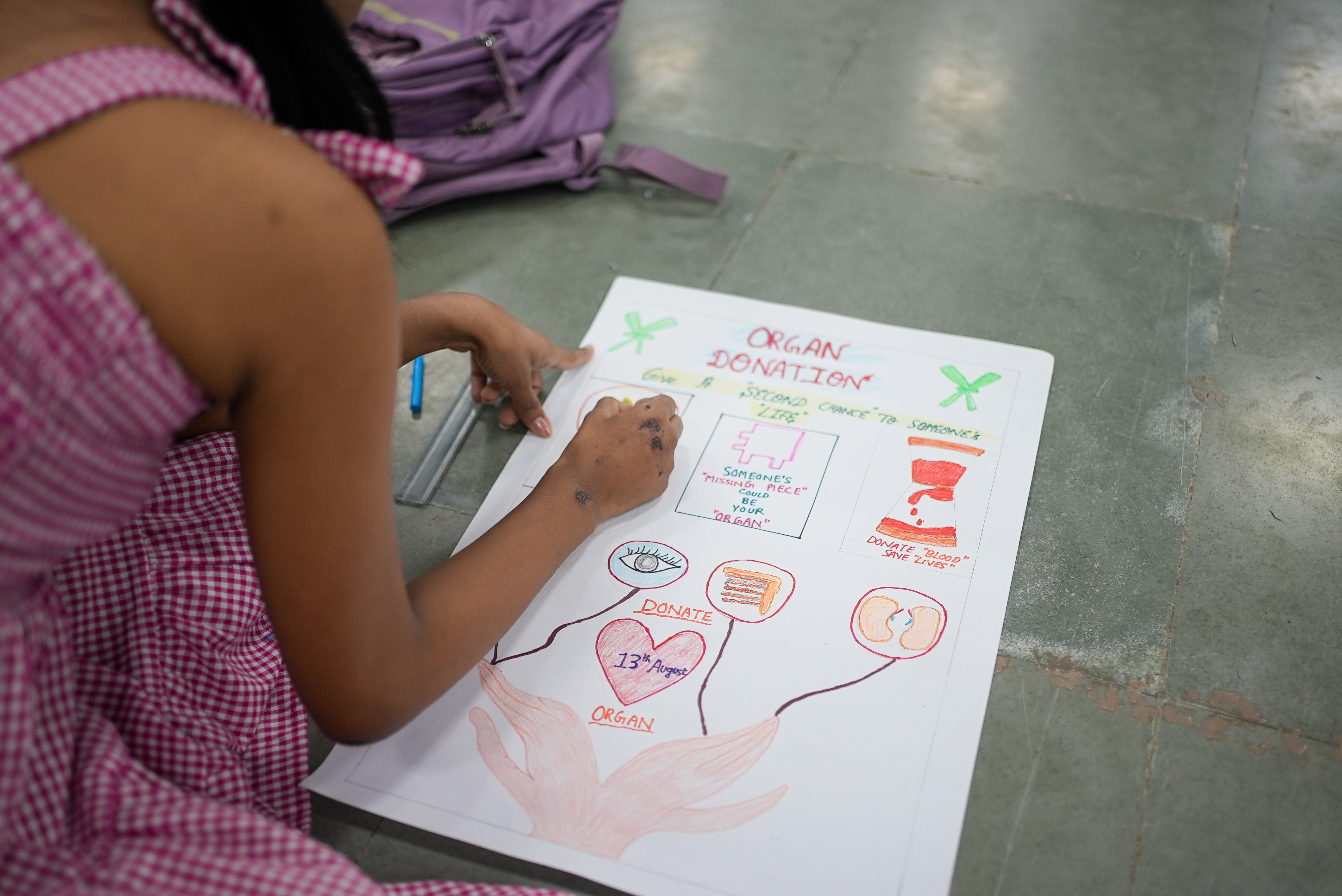
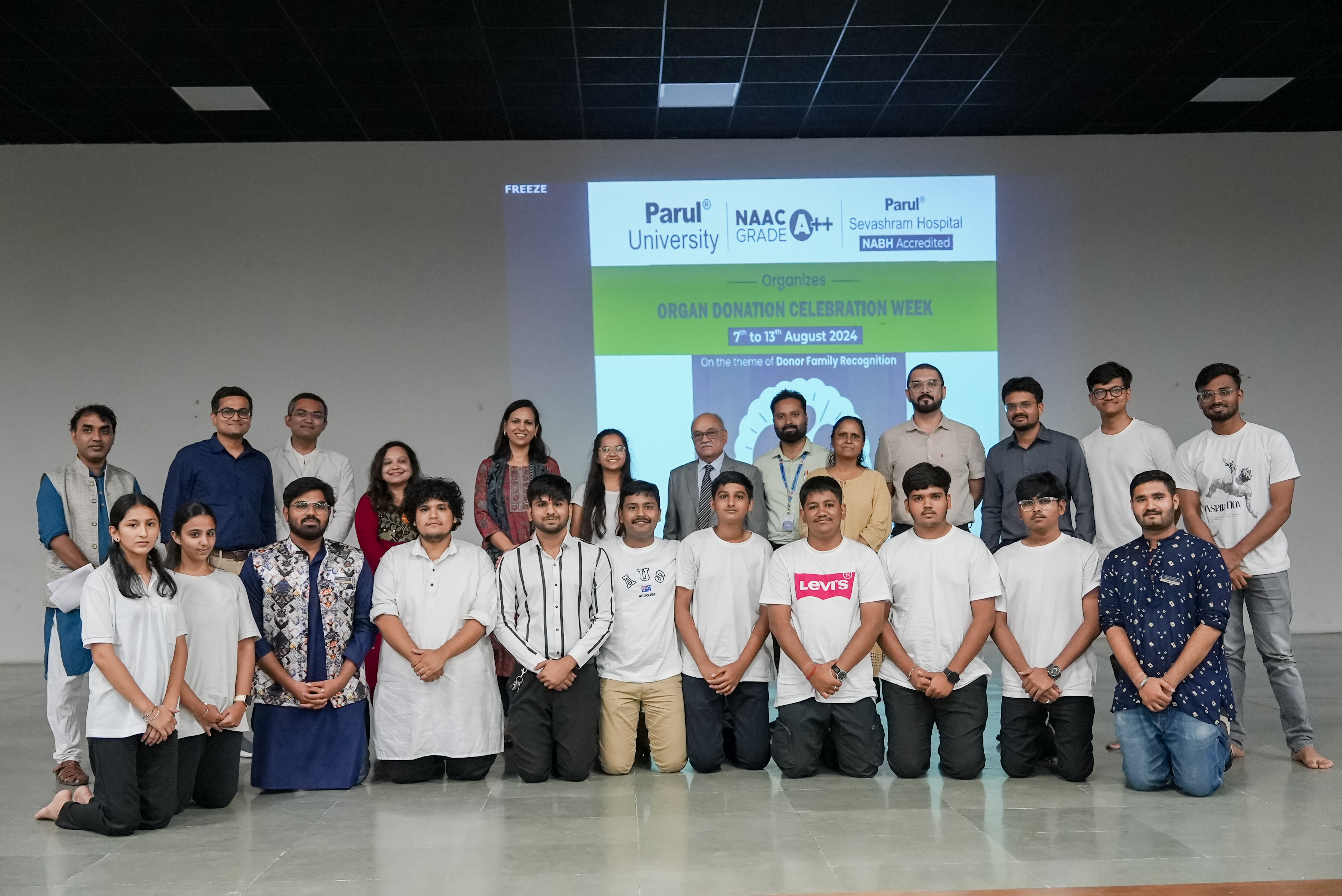

.JPG)
.JPG)
